In the search for solutions to the class divide, a call for more financial help
More child support for low-income families, greater business efforts and HDB blocks comprising rental and BTO flats – can these help to overcome Singapore’s class divisions?
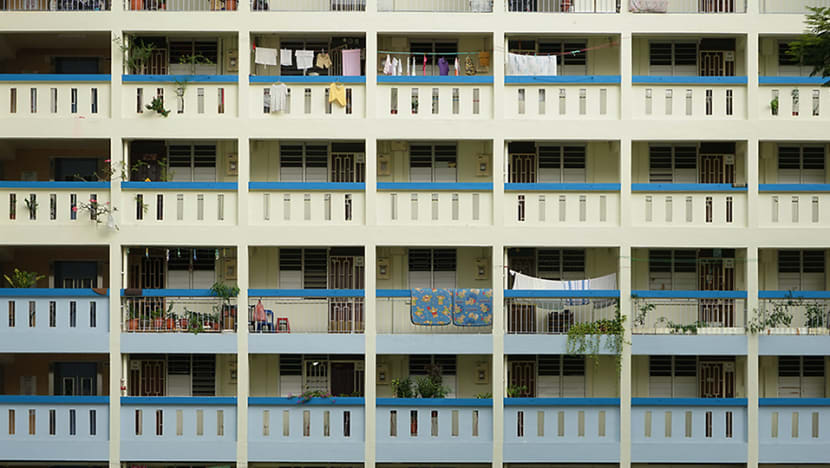
Flats under the Public Rental Scheme are heavily subsidised to cater to Singapore households with no other housing options. (Photo: Marcus Mark Ramos)
SINGAPORE: Children from poor families should get early support from the government, and their access to resources should not be tied to their parents' marital or work status. That is what the director of a family service centre has suggested as a way of bridging the class divide.
This arose during an exchange in the Channel NewsAsia documentary Regardless of Class, with host and OnePeople.sg chairman Janil Puthucheary remaining unconvinced that long-term government handouts are the solution. The question of what it would take to uplift poor families is one he “often grapples with” as a politician, he admitted. (Watch the documentary here.)
Methodist Welfare Services Covenant Family Service Centre (Hougang) director Cindy Ng-Tay, a social worker for decades, based her suggestion on her centre’s experience with families struggling to break out of intergenerational poverty.
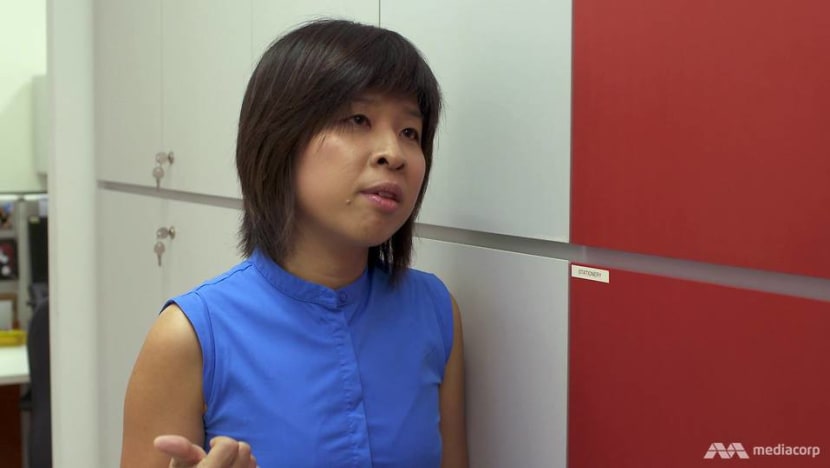
Asked why she thought after years of intervention, there are families still mired in poverty, Mrs Ng-Tay said: "Poverty has a way of creating chronic stress in the body system, and with years and years of chronic stress, it is an uphill task sometimes to help families to stabilise and to be able to utilise some of the resources that are available."
In other words, access to resources is one factor; the ability to use them is another.
READ: Class – not race nor religion – is potentially Singapore's most divisive fault line
READ: Commentary: Three stories on why tackling poverty requires active listening
STUCK DESPITE INTERVENTION
While the Gini coefficient, which measures income inequality, has remained stable in Singapore over the years, a segment of the population is still trapped in poverty, acknowledged Dr Puthucheary, who is also a senior minister of state.
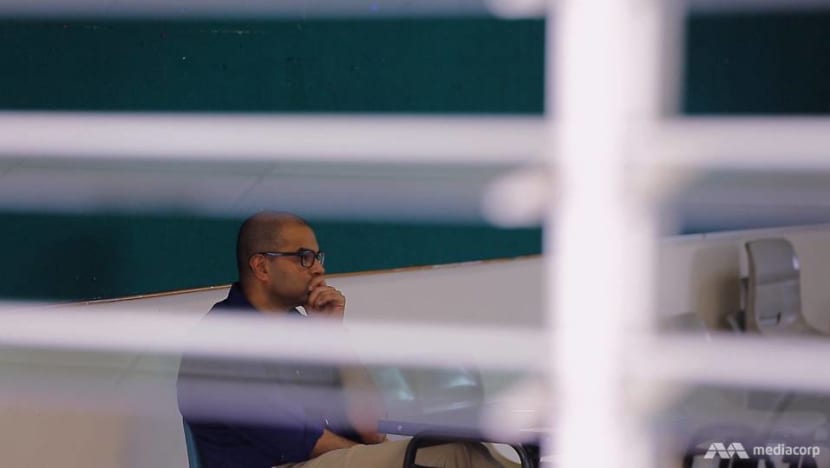
There are nearly 60,000 public rental flats, where the poorest people live, he noted. Part-time caterer Siti Sufiyah, for example, has been receiving financial assistance for years but is still living in her rental unit of 15 years.
Said Dr Puthucheary: “That’s not how it’s meant to work.”
Mdm Siti ended up in her financial situation after her first husband beat her up and their second child was diagnosed as a high-risk asthma patient. At that point, she was unable to work.
“Which employer would want to employ somebody who always takes leave? Because my son would be admitted (to hospital). In a week, three days he’d be in hospital,” she recalled.
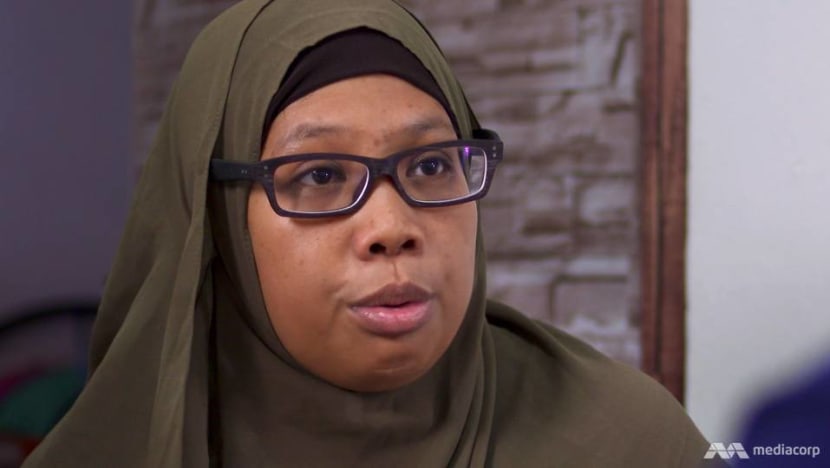
Her second marriage gave her two more children, but her then husband cheated on her and did not provide financial support for the children.
Asked how difficult it has been to renew her financial assistance – which can be tied to the recipient finding work – the divorcee said: “If I want to go out to work, I need somebody to tend to my children.”
Her two elder boys are now in the Normal (Technical) stream, which saddens her “a bit”, as she expected her children to make it to the Normal (Academic) stream like she did.
To bridge the income gap, Mrs Ng-Tay felt what was needed was early education and early support for children from low-income families; and not tying the access of resources "to their parents’ marital status, or socioeconomic status, or even work status".
Dr Puthucheary asked if the balance between parental responsibility and social responsibility was important. She replied that it was, but, "I think we need to look at the vulnerability of the children".
If they are dependent on their parents, then ... it would be quite unfair for the children's life outcomes to be dependent on whether their parents would be motivated or not.
She thought most people tended to view the problem in two ways: Either the poor are poor because "you are lazy, unmotivated", or it's entirely a structural issue "and the poor have no responsibility".
"Either side really paints a very poor picture of poverty," said Mrs Ng-Tay. "The right picture is somewhere in between - that we recognise structural factors that maintain poverty, (and) we also understand that the poor have the potential to be inspired and aspire towards better lives."
CAN BUSINESSES MAKE A DIFFERENCE?
One person turning her life around is barista Evalene Foo. People once thought she was good for nothing because she had dropped out of school in Secondary Three, ran away from home and got into trouble with the law.
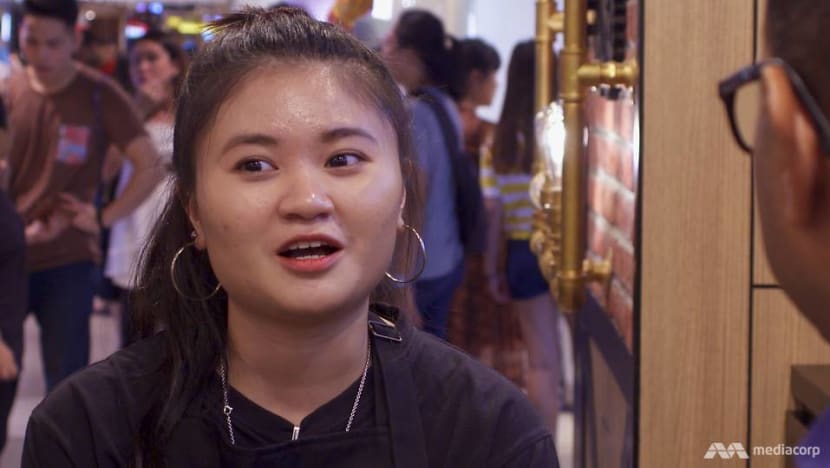
“I mixed with bad friends, so I lost interest in my studies. That’s why I dropped out,” explained the 21-year-old.
But then she went for emotional training, which taught her to overcome her anger, be happier and not let other people affect her. She now dreams of managing her own cafe, maybe in 10 years’ time.
Her newfound ambition, after a month on the job, “shocked” her mother, she admitted. “Because in the past, I wasn’t that good. I had no confidence in myself.”
Ms Foo works at Bettr Barista, founded in 2011 by Ms Pamela Chng to provide marginalised women with an employable skill.
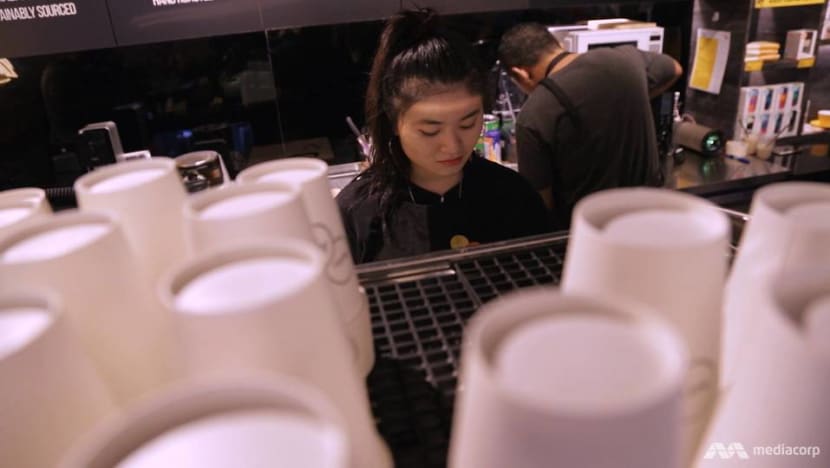
“A lot of them come from broken families or just families who don’t have the resources and time to invest in their livelihood and their education. You see them falling back further and further in school,” said Ms Chng.
“By the time they hit 15 or 16, they’re just too far behind. And a lot of them, through a fear of failure, give up.”
She sees this happening “a lot, especially through our conversations with the schools”. While there is little she can do about the home environment, she thinks businesses “can do a lot to, say, rethink how we’re working”.
But are efforts like hers too thin on the ground to make a difference? “The approach that we're taking here is really looking at the depth of the impact and the longevity of the impact,” said Ms Chng.
“If we can change one person's life, and they go around and change their children's lives, their family's lives and then their community's lives, then you can start to amplify the impact.”
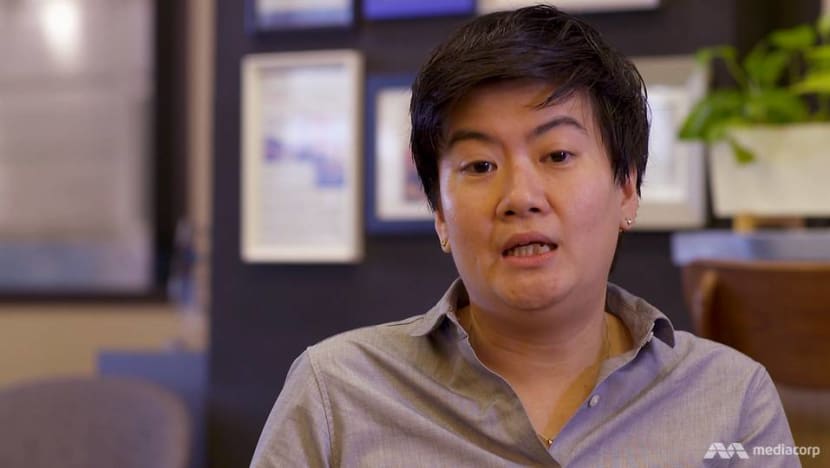
She agreed with Dr Puthucheary that it would not be easy to incentivise businesses to get on board, but she added: “The incentive is the future. What future do you want to create for yourself?”
INTEGRATED PUBLIC HOUSING
One plan of action for encouraging social mixing that will soon come to fruition is the construction of the first three integrated Build-To-Order blocks, comprising rental and sold flats, in Woodlands, Bukit Batok and Sengkang.
READ: Housing and urban plans must be inclusive and resilient: Lawrence Wong
But even this may not be a good idea, according to Institute of Policy Studies senior research fellow Leong Chan Hoong, who questioned how some of the potential frictions on the ground could be mitigated or addressed.
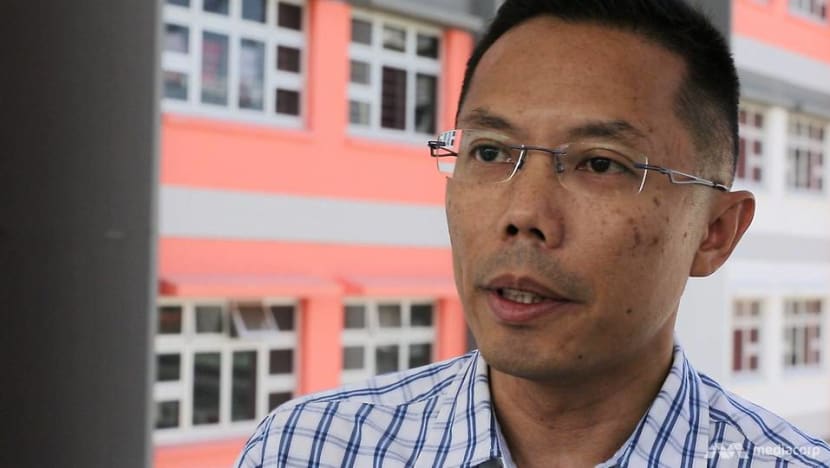
“There’ll be tensions because the needs, priorities and values are different,” he said. “That’ll be the challenge … Contact alone may not necessarily produce the desired outcome. It’s important to ensure that the conditions of the contact are acceptable to everybody.
“In other words, you have to ensure that interaction is genuine, intimate and, most importantly, there’s no status difference in the interaction. Nobody feels intimidated (or) that they’re being slighted because they’re engaging with someone of a different level.”
READ: Commentary: Direct interventions, not just social mixing, needed to narrow housing inequality
It is only human, acknowledged Dr Puthucheary, “to seek out people who are like us, to find our tribe”. But if classism – prejudice against people from a different social class – prevails, then shared spaces would not work, he noted.
And if that is the case, class divisions in Singapore can only be a mounting worry.
Editor's note: This article has been edited to reflect what was in the telecast of the programme.
Watch the documentary Regardless of Class here. Read more about the survey findings on how class – not race nor religion – is potentially Singapore's most divisive fault line.














